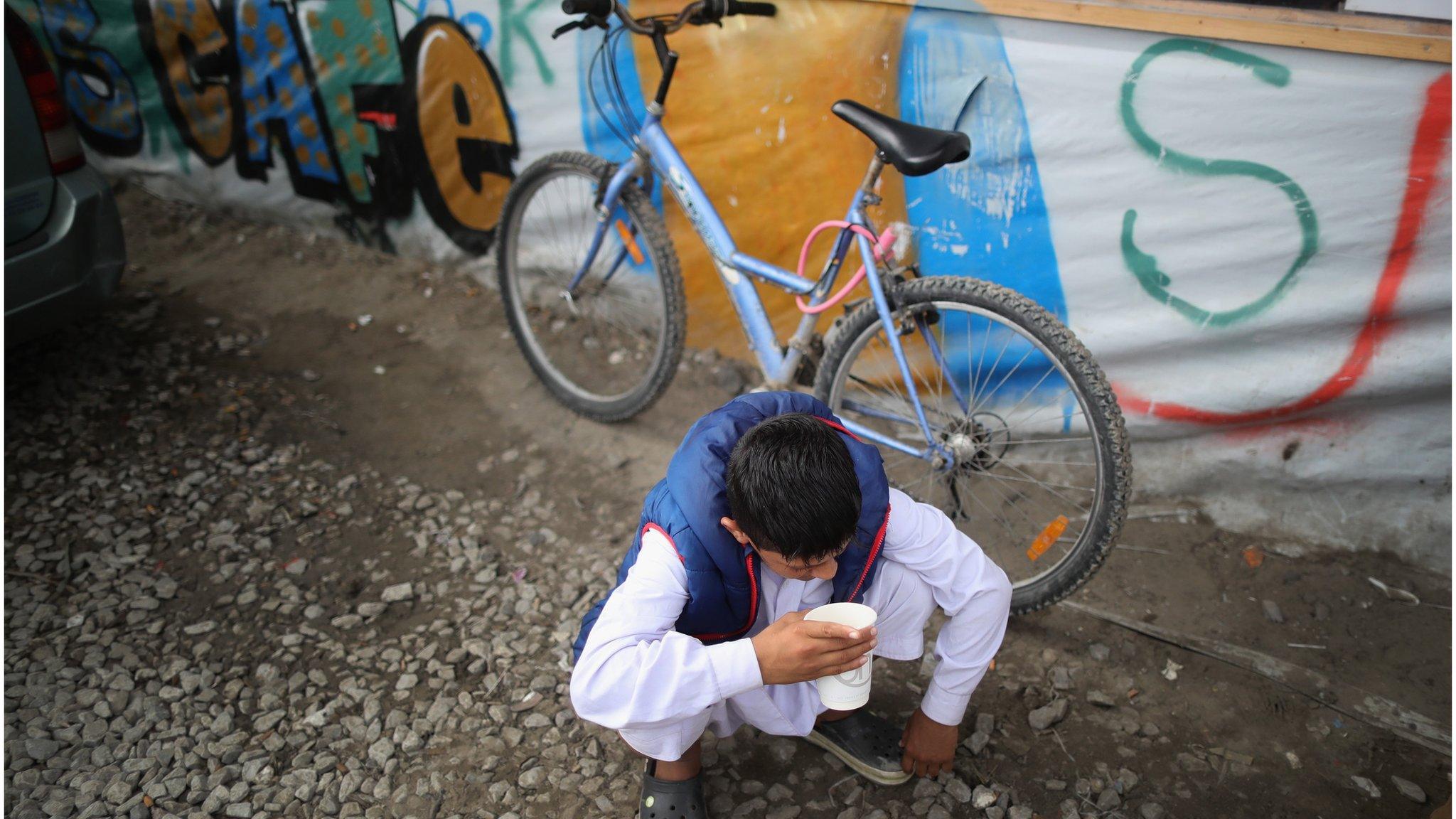How do you verify the age of child asylum seekers?
- Published
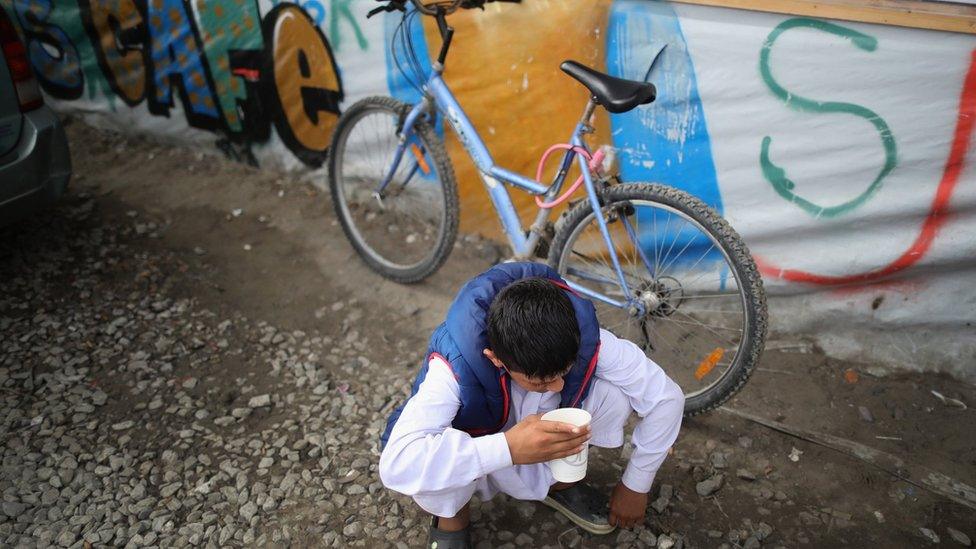
An MP has suggested adults could be posing as teenage asylum seekers to gain entry to the UK.
Conservative MP for Monmouth David Davies believes dental tests could be carried out to confirm their age - despite professionals saying they would prove inconclusive.
But how do officials go about verifying the age of child migrants at the moment?
We look at the process of making sure the children who come to the UK are under 18.

What are EU rules on child migrants?
"These don't look like 'children' to me. I hope British hospitality is not being abused," wrote Mr Davies on Twitter, external after seeing photographs in the media of 14 male migrants, mainly from Syria and Afghanistan, who have been allowed into the UK to join their families.
He was backed up by UKIP MEP Jane Collins, who also tweeted, external to say those arriving from the Jungle camp in Calais - said by the Home Office to be aged between 14 and 17 - "look very mature for their age".
But the Home Office says it works closely with the French authorities to establish whether any children are eligible to come to the UK before they arrive.
Under the EU-wide Dublin regulation, unaccompanied child asylum seekers can ask for their claims to be heard in the UK if they have close relatives in the country.

Does the dental test work?
Mr Davies, MP for Monmouth, has said a dental test could be one way, external of making sure anyone looking to come to the UK as a child refugee has a more accurate age estimation.
But dental evidence is said not to be totally reliable, with experts pointing out it is possible to wrongly estimate someone's age by up to three years when making an estimate based on such criteria.
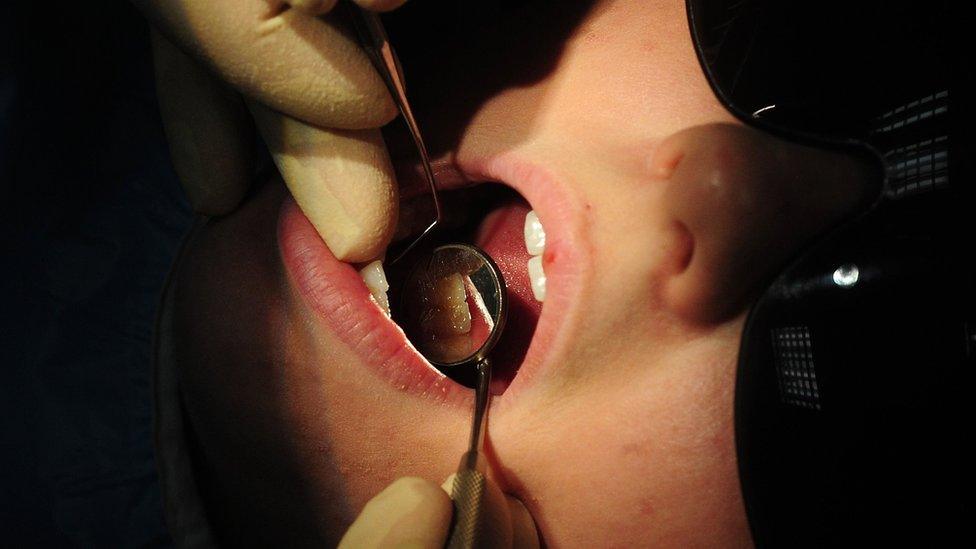
Different rates of puberty can lead to different results, according to Professor Tim Cole
Professor of medical statistics at the Great Ormond Street Institute of Child Health, Tim Cole, said these tests were "very inaccurate."
He said: "If you test children around the age of 18, or three years either side, in this way, the results get one third of the ages wrong."
"When people are much older, say 30 or 40, it can be a lot more accurate. But if you think of puberty and what different rates children develop at, you can see how wrong the tests can be."
The Royal College of Paediatricians said the margin of error can sometimes be as much as five years either side with medical tests.
However, it also cautions against accepting medical evidence in support of a claim by child asylum seekers themselves.

So how do they check their ages?
"All available sources of relevant information and evidence should be considered, since no single assessment technique, or combination of techniques, is likely to determine the applicant's age with precision," states government guidance, external.
"On age we use a number of determining factors," explains a Home Office spokesman.
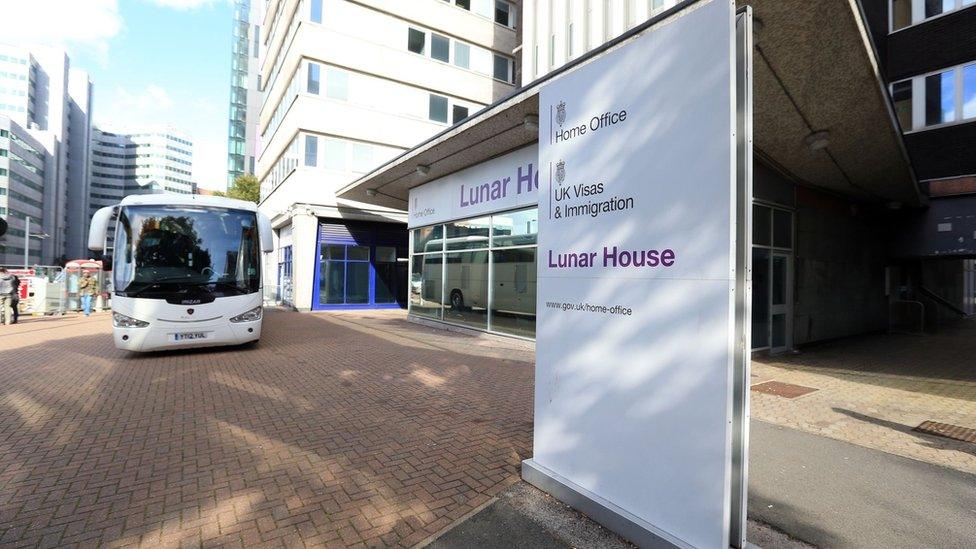
The 14 boys were taken to the Home Office in Croydon after arriving in the UK on Monday
These include whether the asylum seekers have provided credible and clear documentary evidence proving their claimed age and that they have a "physical appearance or demeanour which does not strongly suggest they are significantly over 18 years of age".
He added: "We also ensure that we meet our safeguarding obligations as first responders who identify potential child trafficking and child slavery victims in the UK.
"We are trying to assess they are definitely not an adult."

What if the checks aren't conclusive?
Advice from the Home Office says anyone considered to be "borderline" should be subject to the Merton test.
This is used by local authorities to assess the age of unaccompanied asylum-seeking children before providing accommodation or support, and needs to be signed off by two trained social workers.
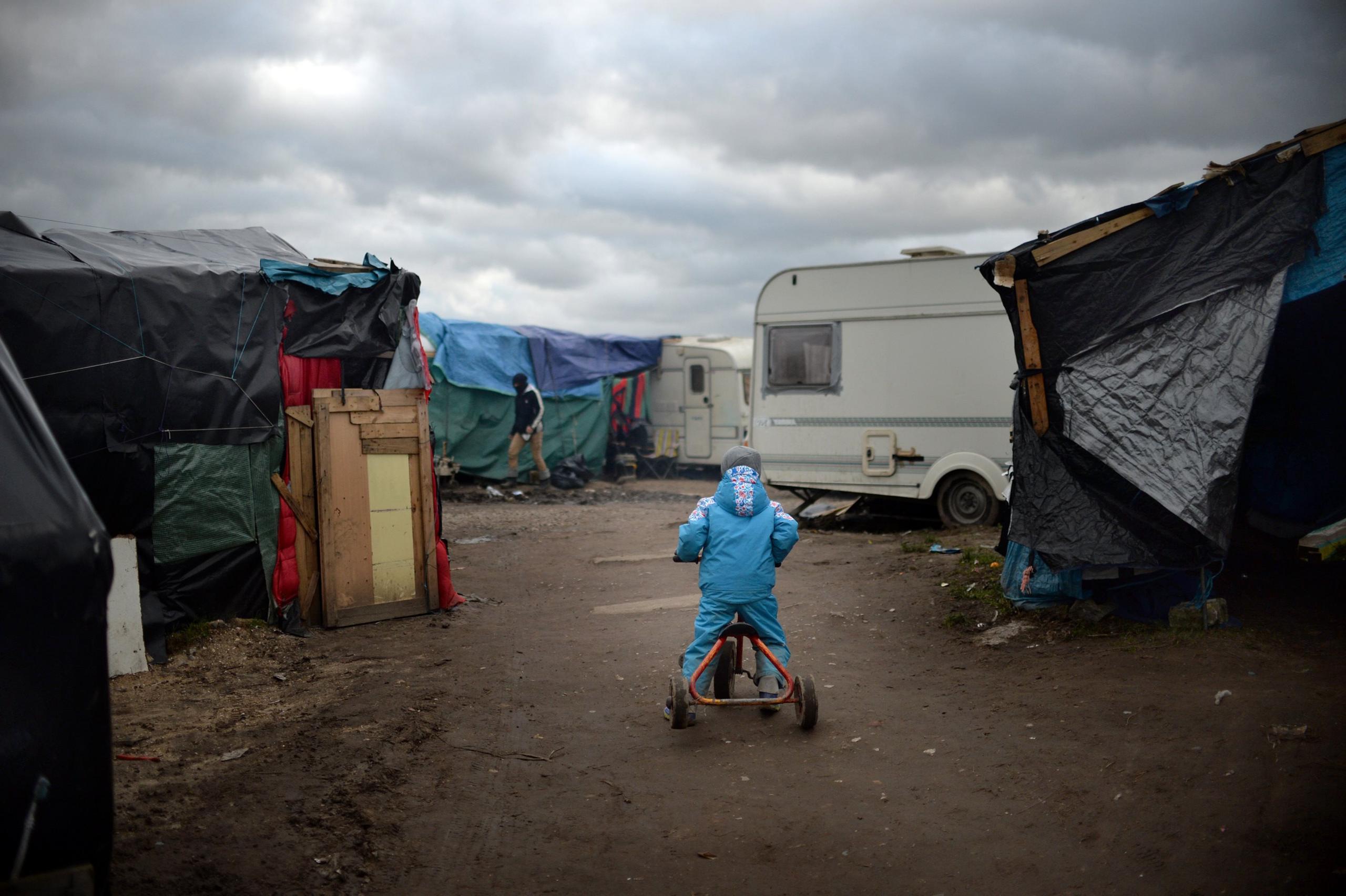
"In general, the decision maker must seek to elicit the general background of the applicant, including the applicant's family circumstances and history, educational background, and the applicant's activities during the previous few years," it says.
"Ethnic and cultural information may also be important. If there is reason to doubt the applicant's statement as to their age, the decision maker will have to make an assessment of the applicant's credibility, and he will have to ask questions designed to test the applicant's credibility."
On Wednesday, the Home Office also tried to allay fears by promising additional age checks, such as undergoing further interviews about their background and taking their finger prints to cross check with other records which may contain their age details. Their relatives in the UK may also be interviewed to assess their age.
But sources told the BBC that it is extremely unlikely any would then be returned to Calais as they would be able to claim asylum in the UK regardless of the age.

What has the reaction been?
The Refugee Council has said it is concerned by media coverage questioning the appearance of those admitted to the UK on Monday.
Judith Dennis, policy manager at the charity, said: "It is not possible to judge how old someone is by looking at them, and most people understand that teenagers' appearances vary widely.
"The agencies involved in this exercise will have the safety of all children in mind and we would ask that the privacy of these vulnerable young people is respected."
But speaking on BBC Radio 4's Today programme, Mr Davies stood by his opinion and said the public had been given the wrong impression that we would be welcoming "very young children."
He added: "What we seem to have here is young men who may be under 18 or may be over 18, it's very hard to say.
"That's why I've suggested that perhaps we should use age checks, dental checks, to just verify that. At the end of the day, we do need to make sure the public have confidence in the system."
- Published17 October 2016
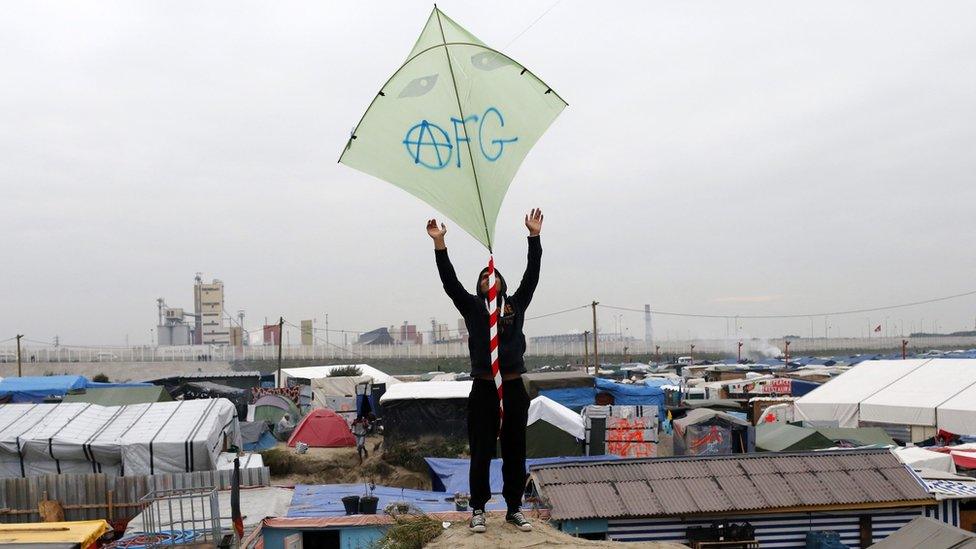
- Published17 October 2016

- Published15 October 2016
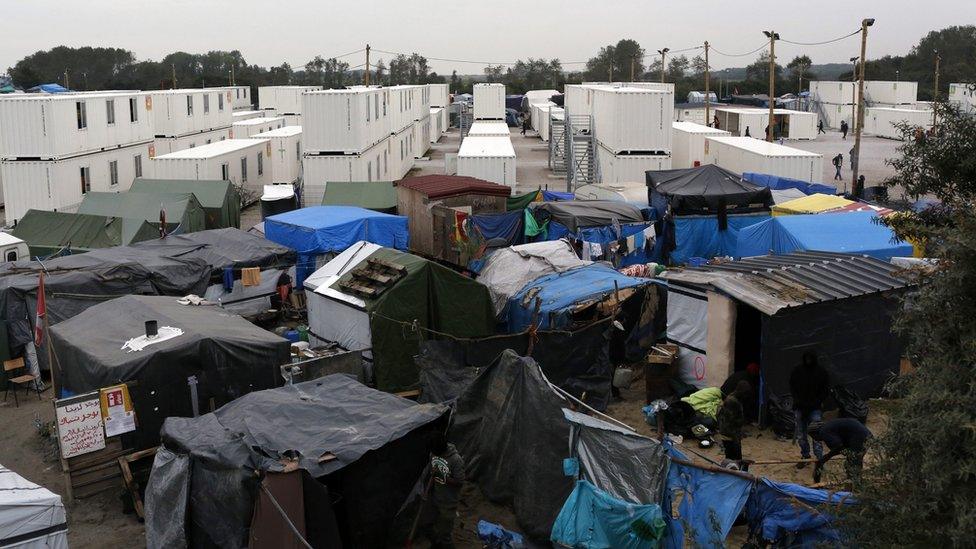
- Published13 October 2016
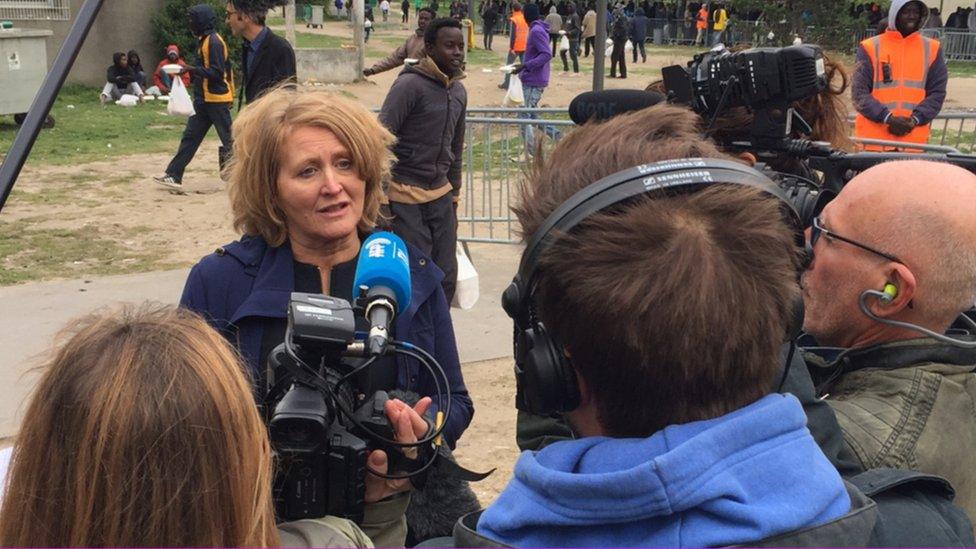
- Published1 October 2016
